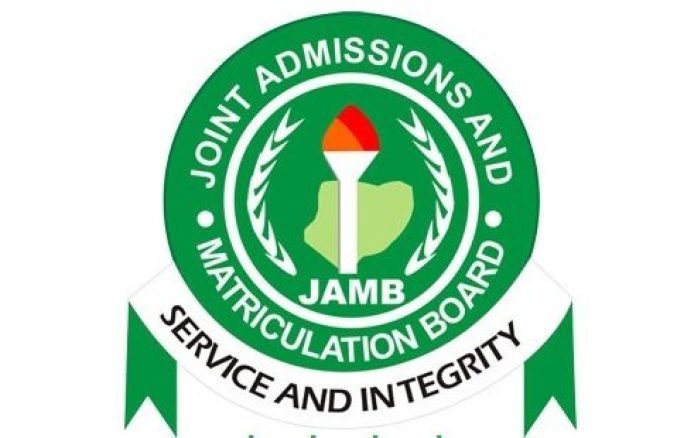The Joint Admission and Matriculation Board (JAMB) has denied reports that it has set specific cut-off marks for admissions into higher institutions across Nigeria.
In a statement posted on its official X account on Thursday, the Board clarified that it does not set cut-off marks, but rather allows individual institutions to determine their own minimum acceptable scores.
“There’s no such thing as a ‘cut-off mark’ in the admission process to tertiary institutions in Nigeria,” JAMB stated. “What’s obtainable is a minimum tolerable score determinable by individual institutions.”
This clarification follows widespread reports claiming that JAMB had set 140 as the cut-off mark for universities and 100 for polytechnics and colleges of education.
These reports were based on a statement attributed to JAMB Registrar, Professor Ishaq Oloyede, during the 2024 Policy Meeting in Abuja, attended by the Minister of Education, Tahir Mamman, and other stakeholders.
At the same meeting, Minister of Education Mamman directed that candidates under 18 years old should not be admitted into tertiary institutions.
He emphasized that the 18-year benchmark aligns with Nigeria’s 6-3-3-4 education system, where students typically complete secondary education by age 18.
The minister criticized some parents for pressuring their underage children to seek tertiary admission, stressing that the 18-year minimum age requirement is already enshrined in Nigerian law. “JAMB is hereby instructed to admit only eligible students who have attained 18 years by our laws,” Mamman stated.
JAMB’s annual policy meeting sets guidelines for the admission cycle, with stakeholders agreeing on standards that JAMB then adopts. While institutions can set higher admission marks during competitive cycles, they cannot go below the agreed minimums.
JAMB Registrar Oloyede emphasized that no institution should admit candidates below these thresholds and warned against admissions outside the Central Admissions Processing Systems (CAPS), stating that violations would be severely sanctioned.
The meeting reiterated the need for institutions to adhere to criteria set by regulatory bodies such as the National University Commission (NUC), the National Board for Technical Education (NBTE), and the National Council for Colleges of Education (NCCE).




